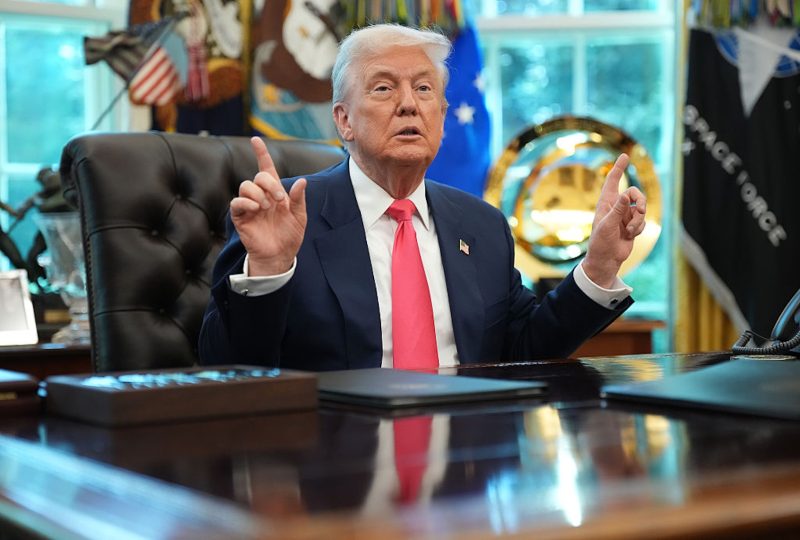
The recent surge in the use of the term “Daddy” to describe Donald Trump within MAGA circles has sparked considerable debate and raised important questions about the nature of political allegiance and the erosion of democratic norms. While seemingly innocuous on the surface, this seemingly simple term reveals a complex and troubling dynamic at play within the movement.
The affectionate, almost paternalistic, label of “Daddy” suggests a deep-seated emotional dependence on Trump. It transcends a simple endorsement of his policies; it implies a level of personal loyalty and unwavering faith that borders on idolatry. This intense emotional connection is arguably fostered by Trump’s own rhetoric, which often employs a populist, emotionally charged style of communication that resonates strongly with a specific segment of the population.
This emotional investment, however, carries significant consequences. It creates an environment where critical thinking and dissenting opinions are actively discouraged, replaced by unquestioning loyalty and a willingness to defend Trump regardless of his actions or statements. This can lead to the normalization of misinformation, the dismissal of factual evidence, and ultimately, the erosion of democratic processes and institutions. The very act of labeling Trump as “Daddy” suggests a rejection of traditional political discourse and a move towards a more tribalistic, emotionally-driven form of engagement.
Furthermore, the use of such a term hints at a deeper psychological dynamic at play. The “Daddy” label might represent a longing for strong leadership, a desire for stability and order in a world perceived as increasingly chaotic and uncertain. This longing, however, is being channeled into an arguably unhealthy and potentially dangerous form of political allegiance that prioritizes emotional gratification over rational deliberation.
Ultimately, understanding the “Daddy” discourse requires a nuanced approach that goes beyond simple dismissal or condemnation. It necessitates an examination of the underlying psychological and sociological factors that contribute to this phenomenon, and a critical reflection on the implications of such fervent and unquestioning loyalty in a democratic society. Only through such analysis can we hope to address the troubling trends it represents and work towards a more informed and engaged citizenry.








